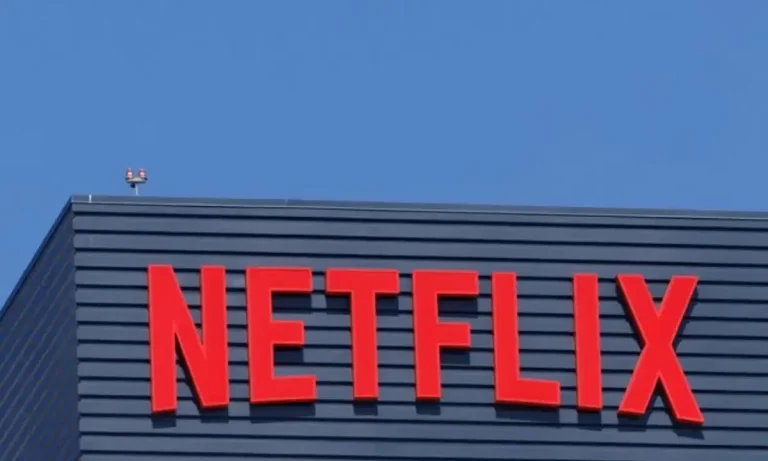🎧 Listen to This Article
Colorado’s decades-old tax code has caught up with the digital age.
In a ruling on Friday, the Colorado Court of Appeals declared that Netflix must pay state sales tax on its streaming services, reversing a lower court decision and marking a significant precedent in digital taxation.
“The division reverses, concluding that Netflix sells tangible personal property at retail when it sells subscriptions, such that those sales are taxable under the sales tax statute,” wrote Judge Matthew Gove in the 17-page opinion.
Netflix had long argued it shouldn’t have to pay sales tax under Colorado’s 1935 tax law, which was written long before digital streaming existed. The streaming giant maintained that the law only applies to tangible goods that existed physically.
However, the court found that the nature of what’s being purchased — the content — outweighs the method of delivery.
The panel compared Netflix’s services to taxed digital items such as e-books, online newspapers, and music downloads, stating that the legal definition of “corporeal” includes items perceptible by senses beyond just touch.
“Our review of the contemporaneous understanding of ‘corporeal’ reveals that that term encompasses things that can be perceived by any of the senses — not exclusively the sense of touch,” Gove wrote.
A Decade-Long Fight
Netflix has been contesting Colorado’s tax application for more than 10 years.
In 2021, Colorado lawmakers passed HB 21-1312, which explicitly allowed taxation of digital goods. However, Netflix argued this move violated the state’s Taxpayer Bill of Rights (TABOR), which prohibits new taxes without voter approval.
After Netflix’s lawsuit in 2021, the company withdrew its complaint to pursue an administrative appeal. Following a denial of its tax refund request, Netflix filed suit again in 2023. A Denver judge sided with Netflix in April 2024 — but Friday’s appellate ruling reverses that outcome.
Implications Beyond Netflix
The ruling sends a clear message that digital services can’t escape taxation simply because their medium of delivery has changed.
“Casting aside nearly a century of historical practice simply because technological advancements have altered the specific form of delivery — while leaving the product itself largely unchanged — is a step that we are not willing to take,” Gove wrote.
The case also reaffirms the state’s approach to digital taxation, potentially affecting other streaming platforms and digital providers.
Netflix and Colorado’s attorney general’s office both declined to comment on the decision.
Judges Craig Welling and Sueanna Johnson joined in the opinion, all of whom were appointed by Governor Jared Polis.
For further details, clarification, contributions, or any concerns regarding this article, please get in touch with us at editorial@tax.news. We value your feedback and are committed to providing accurate and timely information. Please note that our privacy policy will handle all inquiries.



